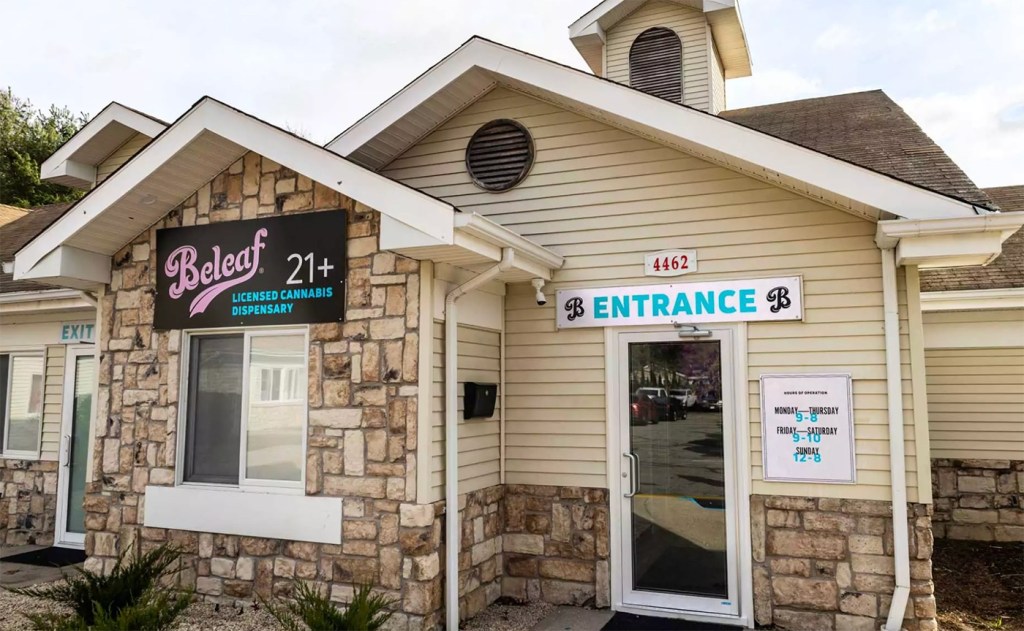It's Time to Wake Up to the Truth About Sleep Aids

If your nights go from popping Champagne to popping a sleeping pill, you are not alone. The pandemic has created an unprecedented amount of sleep deprivation and people are at a loss as to how to solve their sleep problems. As a sleep expert and founder of Solve Our Sleep, I am often asked about the efficacy and safety of sleep aids. Sleep aids can be obtained by prescription, over the counter or as a natural supplement.
Prescription sleep aids (such as Ambien) are FDA-approved and work by creating a sedative effect. They can be habit-forming and less effective over time, cause impairments in functioning the next day, and can cause a return of sleep problems once being discontinued. Therefore, the goal is to use them short term and wean off as quickly as possible.
Over-the-counter sleep aids include antihistamines (which were originally used to treat allergies, but are also being used by people to treat sleep problems due to their ability to cause drowsiness) and melatonin, which helps the body to regulate its sleep/wake cycle. Over time, the body can build up a tolerance for these sleep aids, there can be side effects at higher dosages, they have not been found to significantly improve sleep, and they are not meant for long-term use.
Natural supplements are sleep aids such as magnesium, gamma-aminobutyric acid (GABA), valerian root, CBD, lavender and chamomile. They work by promoting relaxation, which can be helpful in inducing sleep. However, the research on their efficacy is not backed by large scientific studies and is limited to mostly self-report. Furthermore, these supplements are not FDA-approved, and therefore, they are not checked for safety and quality.
Before taking any of these sleep aids, it is important to talk with your doctor about any drug interaction effects, correct dosage, potential side effects and a plan for weaning off prescription sleep aids. Overall, short-term use of all sleep aids can be safe as long as you are guided by your doctor.
The good news is that there is a safe and effective non-medical treatment for sleep problems, CBT-I (cognitive behavioral therapy for insomnia). CBT-I is a short-term treatment and has no side effects or health consequences. Treatment entails changing negative thoughts (sleep anxieties) and behaviors (unhealthy sleep hygiene, routines, habits and schedules) that are not conducive to healthy sleep. CBT-I is recognized as the gold standard of insomnia treatment and is recommended as the first line of defense to treat behavioral sleep problems.
So go pop some Champagne, but think twice about popping that sleeping pill. You now know you have other options to lead you on your journey to great sleep. Wishing everyone a safe, healthy and well-rested summer.
Whitney Roban, Ph.D. is a family, educational and corporate sleep specialist and the founder of Solve Our Sleep. Learn more at solveoursleep.com.



